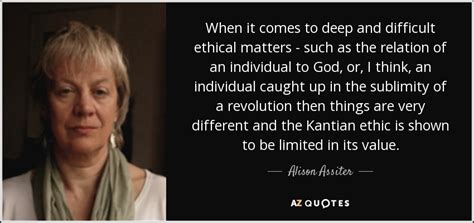A Quote by Lorna Byrne
The variation between countries is partly due to cultural and institutional differences, but undoubtedly the economic landscape within each territory is crucial.
Related Quotes
Toward the middle and end of the Fifties, West European countries became somewhat more important as providers of aid to underdeveloped countries. It was partly due to the prodding of the United States that these countries, as they regained economic viability, should shoulder their share of the aid burden.
When you say what is the difference between me and my stage name the idea is that as a musician you always think of yourself as inhabiting a certain cultural space in the kind of a cultural landscape, so when I say cultural space what I mean to imply there is that you exist within certain parameters of how people think of culture.
The economic borderlines of our world will not be drawn between countries, but around Economic Domains. Along the twin paths of globalization and decentralization, the economic pieces of the future are being assembled in a new way. Not what is produced by a country or in a country will be of importance, but the production within global Economic Domains, measured as Gross Domain Products. The global market demands a global sharing of talent. The consequence is Mass Customization of Talent and education as the number one economic priority for all countries
There are very real differences between science fiction and realistic fiction, between horror and fantasy, between romance and mystery. Differences in writing them, in reading them, in criticizing them. Vive les différences! They're what gives each genre its singular flavor and savor, its particular interest for the reader - and the writer.
I find it remarkable that virtually all of the large difference in labor supply between France and the United States is due to differences in tax systems. I expected institutional constraints on the operation of labor markets and the nature of the unemployment benefit system to be more important. I was surprised that the welfare gain from reducing the intratemporal tax wedge is so large.
Countries will cooperate with each other, and are more likely to cooperate with each other when they share a common culture, as is most dramatically illustrated in the European Union. But other groupings of countries are emerging in East Asia and in South America. Basically, as I said, these politics will be oriented around, in large part, cultural similarities and cultural antagonism.


































